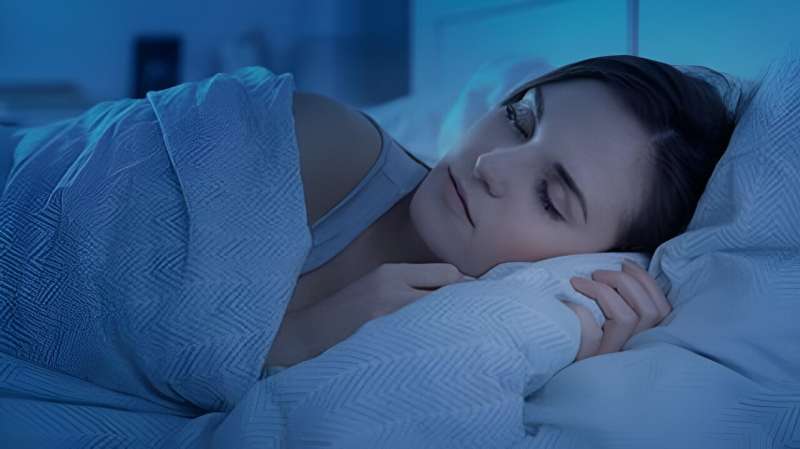There is a bidirectional relationship between overactive bladder (OAB) and poor sleep patterns, according to a study published online Nov. 13 in BMC Urology.
Zechao Lu, from Sun Yat-sen University in Shenzhen, China, and colleagues assessed the relationship between OAB and sleep patterns. The analysis included 16,978 participants in the National Health and Nutrition Examination Survey (2007 to 2014).
The researchers found that when fully adjusting for confounding factors, the OAB risk of patients with intermediate and poor sleep patterns increased by 26 and 38 percent, respectively. There were significant associations observed between mild (odds ratio, 1.21), moderate (odds ratio, 1.45), and severe (odds ratio, 1.57) OAB and sleep pattern grouping, with the prevalence of OAB significantly higher in patients with bad sleep patterns and vice versa.
"In summary, the study indicated that there is a positive relationship between OAB and worse sleep-related issues. Our results showed that the prevalence of OAB was significantly higher in patients with poor sleep patterns and that the prevalence of worse sleep patterns was significantly higher in OAB patients," the authors write.
"These findings suggest that further prospective studies should be conducted to investigate the causality and pathological mechanisms between sleep and OAB."
More information: Zechao Lu et al, Associations between overactive bladder and sleep patterns: a cross-sectional study based on 2007–2014 NHANES, BMC Urology (2023). DOI: 10.1186/s12894-023-01329-z
Copyright © 2023 HealthDay. All rights reserved.
























